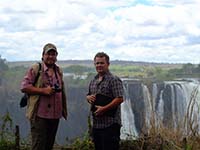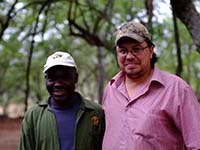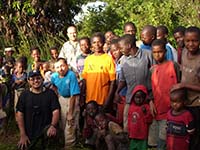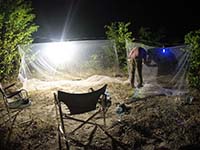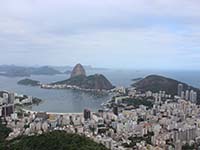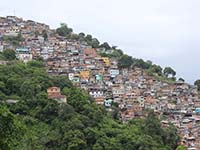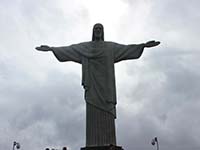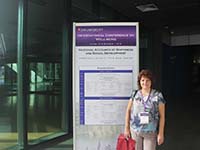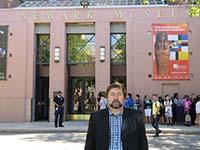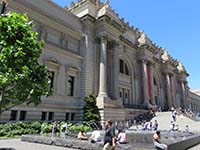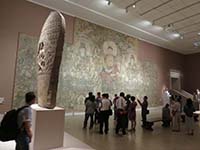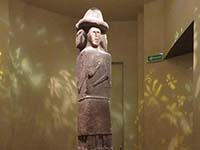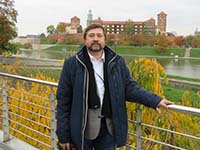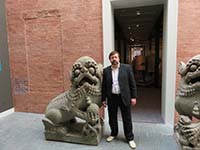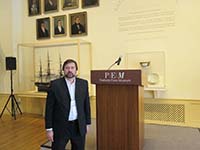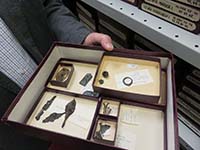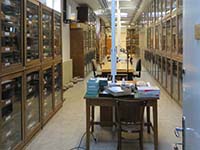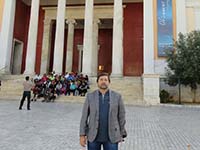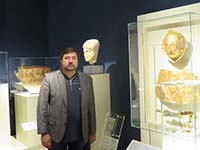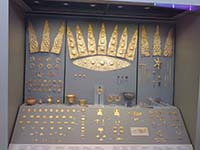ASU scientists gave lectures about their research abroad
Russian Science Day was celebrated at Altai State University on 8 February. The university hosted a number of events dedicated to the holiday. One of the most interesting ones was a set of lectures about our scientists’ research in foreign countries.
Leading professors of Altai State University appeared before students, postgraduates, pupils and lecturers and told them about their invaluable experience in conducting research work abroad. The scholars noted that their studies are not geographically limited to Altai, Siberia and even Russia, which speaks for the large scale of their scientific work.
The first to report Professor of the Department of Ecology, Biochemistry and Biotechnology, Doctor of Biology Roman V. Yakovlev. Professor wanted to travel to Africa since he was a child. His dream came true at Altai State University. Roman V. Yakovlev told the audience about two trips to Africa, which were made in the framework of the project in entomofauna research on the continent. The trips were quite long (over a month) and took place in 2011 and 2016. In 2011 ASU scientist visited Africa for the first time together with other entomologists from Moscow, Novosibirsk and Saratov, who had been studying Africa since 2007. In 2016 he participated in expedition financed by one of the German foundations and managed to visit 6 African countries (The Republic of South Africa, Mozambique, Zimbabwe, Malawi, Botswana and Namibia. Roman V. Yakovlev turned out to be a very good guide, who touched upon many interesting things, such as local community, rare animals, red earth, peculiar smells and hot son of Africa.
Further, Head of the Department of Psychology of Communication and Psychotechnologies, Doctor of Sociology Svetlana G. Maksimova. She told the audience about her research of national identity, the Russian language and Russian image in 20 far-abroad countries, 7 CIS countries and 30 constituent entities of Russia. She focused on peculiarities of creating the image of Russia as realized by Russians living abroad, touched upon the social context of migration and role of the Russian language as a unifying element for Russian-speaking population of different countries. The non-exhaustive list of mentioned countries includes Australia, Brazil, France, China, Mongolia, Poland, Germany, Canada and Hungary.
Then Svetlana G. Maksimova turned it over to Head of Department of Archaeology, Ethnography and Museology, Doctor of History Alexey A. Tishkin. His speech was dedicated to museums and scientific laboratories of the United States of America, China, Greece, Poland and Hungary. He explained why people travel to far-away countries and elaborated upon the role of museums in the modern world and university education. Professor spent most of the time speaking about China and its peculiarities.
